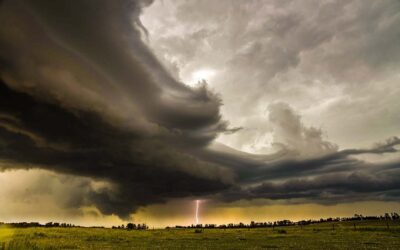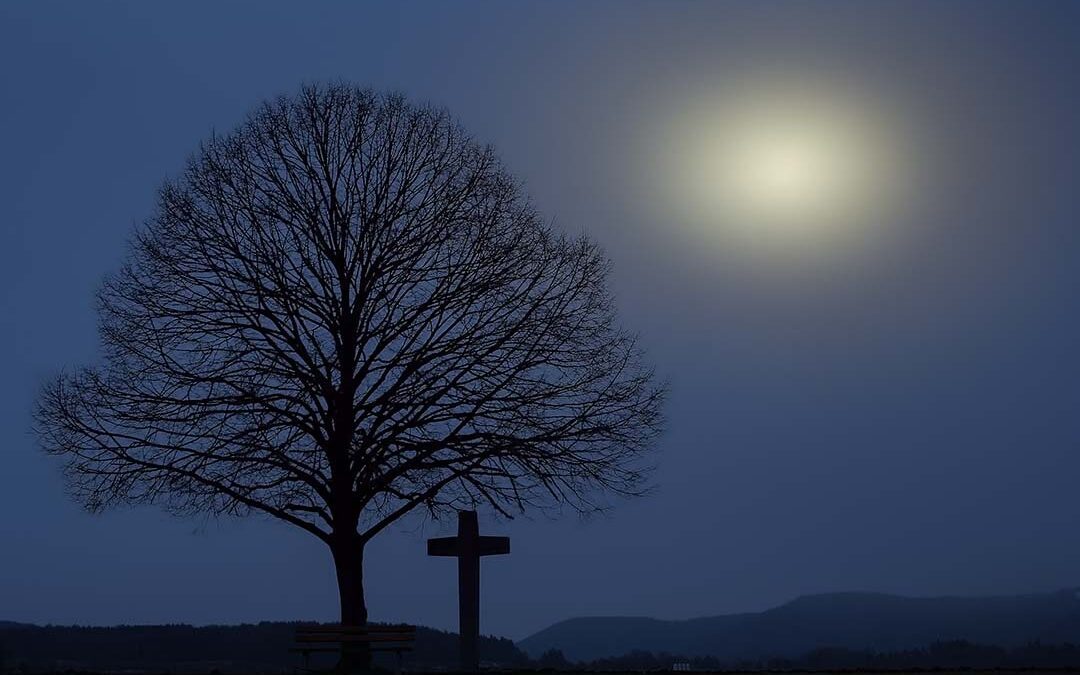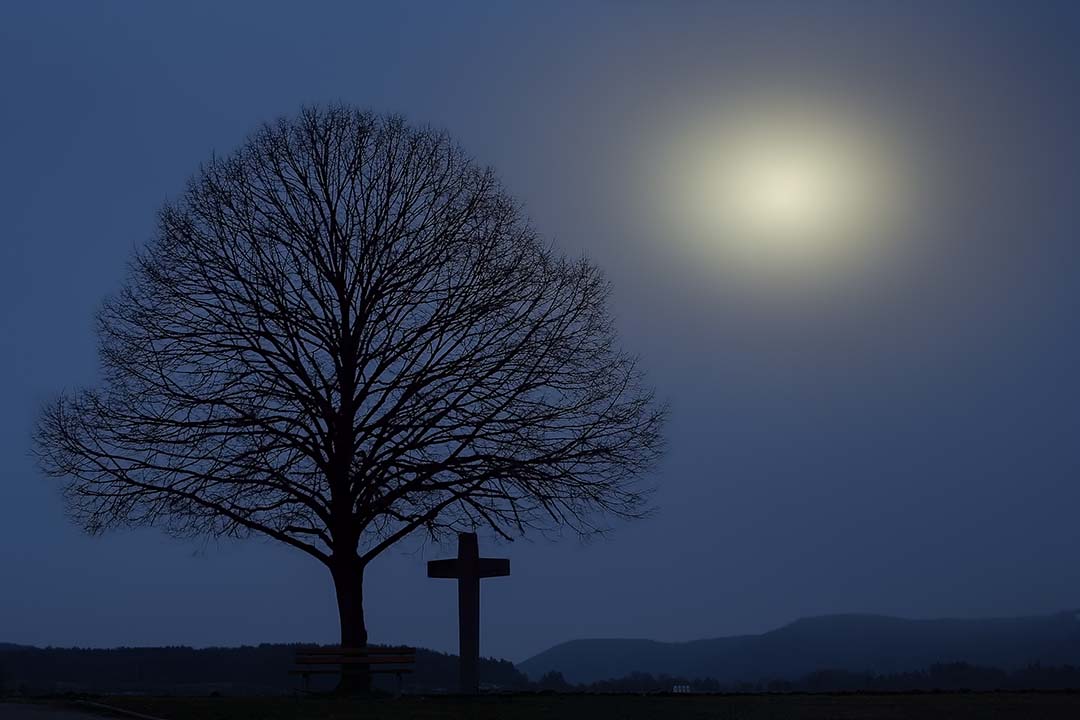The stories used by Jesus to explain the Kingdom of heaven – the ‘parables’ – offer understandable truth to all of them whoever they may be– and through many generations, to us.

Praying Together 17th November 2024
2nd Sunday before Advent
Collect
Hebrews 10: 11 – 14, 19 – 25
The letter to the Hebrews couldn’t be clearer. The old ritual as described in detail in the Old Testament, in which a jewel-bedecked and richly adorned priest spills animal blood on an altar, has been replaced by the one all-encompassing sacrifice of God’s Son. No jewels. No fine clothes. No altar – a rough -hewn piece of wood on which the Prince of Peace is the sacrificial offering seeking redemption.
However, while Christians accept that Christ’s sacrifice is complete and sufficient, the appropriate celebration of this issue remains as the cause of division between those of different denominations. Some, of a Catholic Persuasion (n.b. not just ‘Roman’ Catholic), regard the Bread as incorporating (either symbolically or in reality) the consecrated blood of Jesus, and elevate it from the Altar in the Eucharistic Prayer for all to recognise as a sacrifice we offer to God. In theological terms, this is called ‘Sacrificium’ (sacrifice).
In an opposing doctrine in more conservative Protestant Theology, around God’s Holy Table He offers His Son to us. This is referred to as ‘beneficium’ (gift giving), that is, a gift from God to the faithful rather than from the faithful to God. The celebration of thanksgiving for salvation takes place within the context of a meal, and we share bread and wine as memorial of His words at the Last Supper.
Sacrifice or memorial? Millions of words on the issue haven’t reached a resolution, and probably won’t ever. But the important point is that this must not – Must Not!!! – cause division between all who proclaim Jesus as Lord. However we understand it, it is the Spirit-led recognition of His presence at the heart of our Eucharist that changes our lives and sets us free to be His Body on earth.
Previous Posts
Praying Together 16th June 2024
Praying Together 9th June 2024
If we just give in and believe that there is nothing we can do to bring about such a change, the dream will never come true. So let’s not.
Praying Together 2nd June 2024
You may remember the song: ‘It ain’t what you do it’s the way that you do it, that’s what gets results.’ Catchy tune, catchy title. But wrong. Actually, it’s the other way round – ‘It ain’t the way that you do it, it’s what you do…’
Praying Together 19th May 2024
By the power of the same Spirit strengthen us to witness to your truth and to draw everyone to the fire of your love; through Jesus Christ our Lord.
Praying Together 12th May 2024
But in Christ, a much more reliable ‘Truth’ can be found. Truth in the ‘Logos’ – the Word. The Word made flesh.
Praying Together 5th May 2024
Collect for Easter 6 God our redeemer, you have delivered us from the power of darkness and brought us into the kingdom of your Son: Grant, that as by his death he has recalled us to life, so by his continual presence in us he may raise us to eternal joy; through...
Praying Together 28th April 2024
‘If you love God, then you love your brothers and sisters’. You cannot have one without the other. If you do not love your brother and your sister, you cannot claim that you love God. No exclusions.
Praying Together 21st April 2024
There is only one leader who invites us to follow of whom we can be sure – the one who is prepared to lay down His life.
Praying Together 14th April 2024
It is easy, with hindsight, to criticise the disciples for their incredulity. But we have to ask ourselves what we would do in their place.
Praying Together 7th April 2024
We are challenged to decide what we need to ‘see’ to believe – and then to seek it in the power of the Holy Spirit.
Praying Together 31st March 2024 Easter Day
“I have seen the Lord”. It is difficult to imagine her emotions. She has seen the Lord! She doesn’t yet understand fully – but her eyes have seen Him. Her life is changed for ever, and she doesn’t care who knows it.
Praying Together 24th March 2024
But Jesus is aware of what He will have to endure in order to fulfil His mission of salvation – and He sets the necessary elements in motion.


























